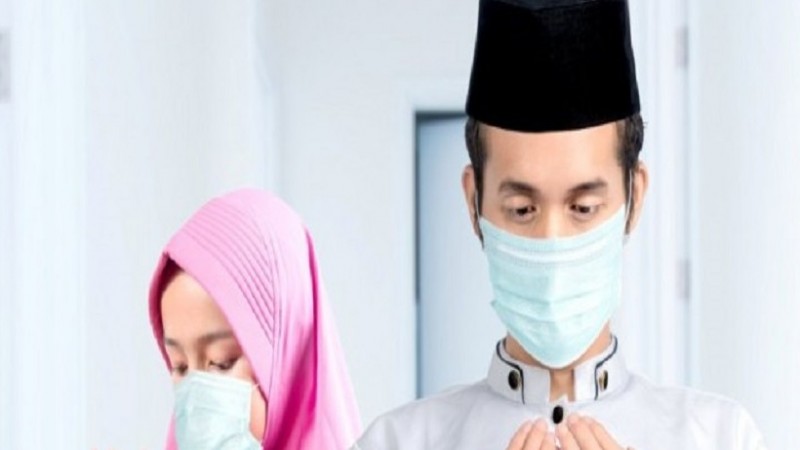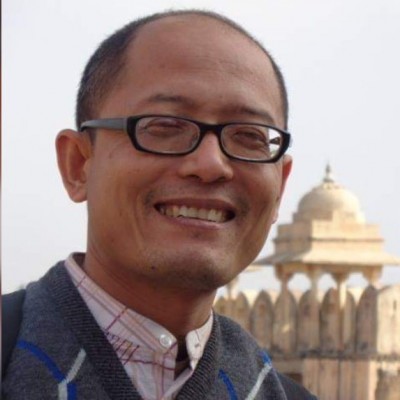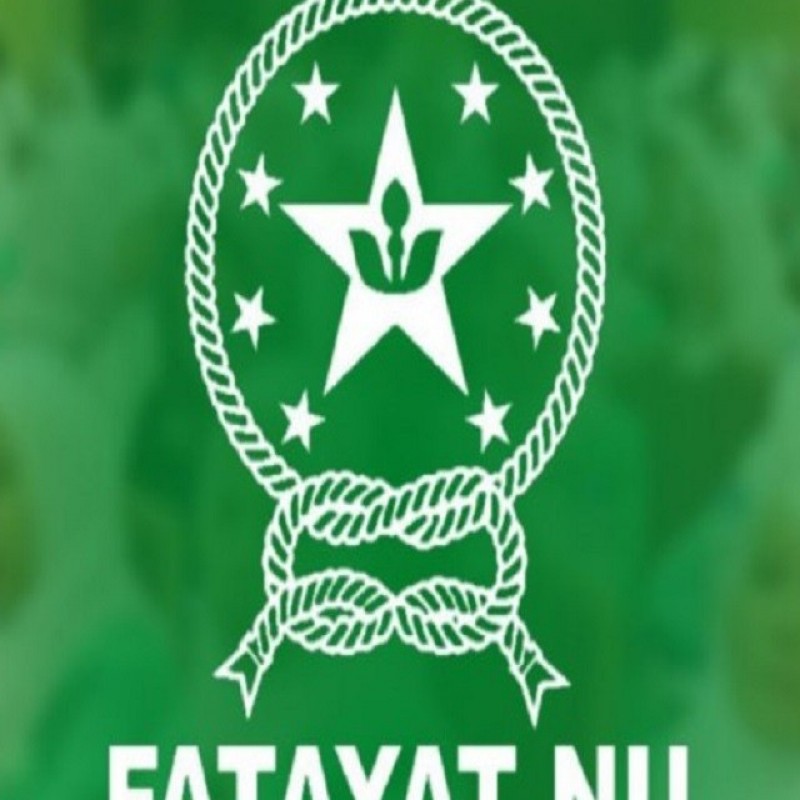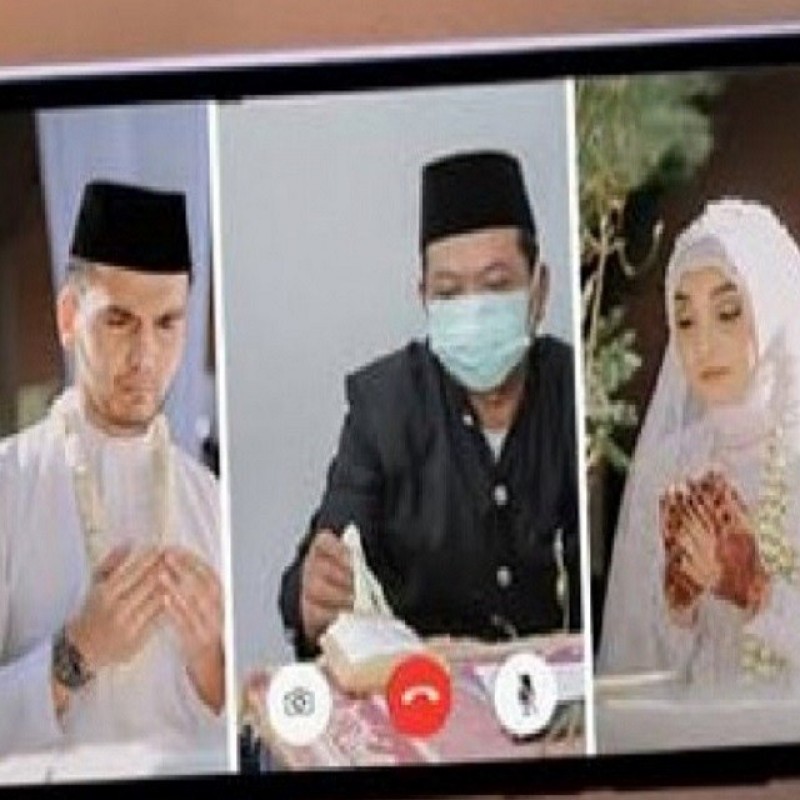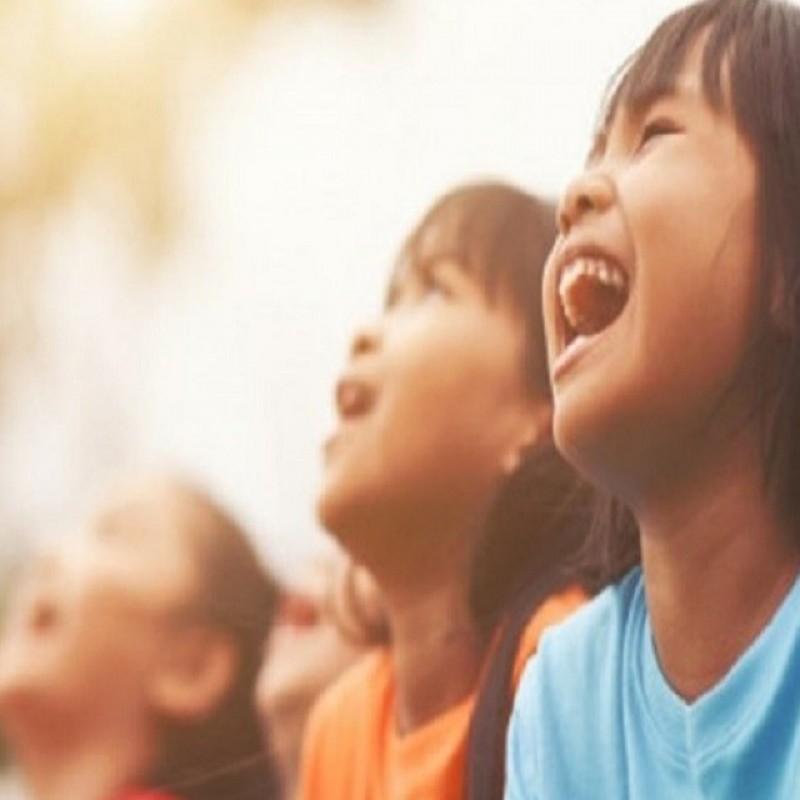The important roles and responsibilities of ulama in pandemic
NU Online · Ahad, 8 Agustus 2021 | 10:37 WIB
Achmad Mukafi Niam
Penulis
Ulama (Muslim scholars) have a great influence in the life of the religious Indonesian people. The reach of their influence is not only in the field of religion which is his expertise. Ulama are often asked for giving advice and input on various issues, such as family issues, political choices, business success, the problem of handling Covid-19 and so on. What is conveyed by the ulama, will be followed by their followers. Sami'na wa atha'na.
There are various viewpoints of ulama regarding the Covid-19 pandemic which has not yet been ended. Many ulama have encouraged the public to follow health protocols such as KH Miftachul Akhyar, KH Ahmad Mustofa Bisri (Gus Mus), Prof Quraish Shihab, and others.
However, there are some ulama who consider this disease is part of a conspiracy. In the view of this group, there is no need to follow health protocols, even by refusing vaccination. They are more likely to believe hoaxes circulating on social media as a reference for decision making compared to official sources which they consider to be full of hidden interests. In fact, in 2020, at the beginning of the emergence of Covid-19, a preacher said that Corona was an army of God.
Furthermore, there are ulama who hold the view that pandemics are part of destiny. We just have to live it because everything has been determined in Lauhul Mahfudz. God will not shift destiny an inch. Therefore, if we are destined to survive, even though the pandemic is raging, we will still be safe. However, if we are destined to die, we will still die even if we follow health protocols.
Another group of ulama who do not want to follow the government's advice, or are at least passive, are those who take an oppositional stance. The nomeniee they supported in the political contestation lost so they were disappointed. This dislike causes any government policies and actions to be considered incorrect. Moreover, in handling this pandemic, many problems have arisen due to policy errors and weaknesses in handling it.
The differences of viewpoints related to the attitude of dealing with disease even it existed at the time of the Prophet's companions. At that time, the caliph Umar bin Khattab was about to visit an area in the Sham region which at that time was hit by a disease outbreak. The companions were torn between those who agreed to continue the journey and those who advised not to come to the region. Finally, Umar decided to return to Medina. Abu Ubaidah bin Al-Jarrah, one of the companions who did not agree with the decision commented that the caliph's actions were equivalent to running away from destiny. But Umar then replied, he ran from one destiny to another one. Abu Ubaidah died of the plague.
The differences of viewpoints in dealing with this disease, have serious consequences. Thus, ulama must be very careful in taking a stance considering that there are consequences for the lives of many people that must be at stake. This is not like differences of viewpoints on the so-called furuiyah issues such as how many rakaat of Tarawih prayers are correct between 8 or 20 rakaat, which even when Muslims do not do it does not matter because of its status as a sunnah worship.
Thus, the ulama have a great responsibility to guide people according to what is right, not based on personal or group emotional interests. The trust that has been given by the community also has consequences for continuing to learn and seek the most accurate information. We can't just say.
Meanwhile, the public needs to be careful about the opinions and attitudes of ulama outside their field of competence. If the ulama convey a narrative about Covid-19 that contradicts health sciences or the opinion of epidemiologist experts, then this attitude needs to be further criticized, what underlies this attitude. Ulema are not human beings who know everything.
Prophet Muhammad (PBUH) has also reminded us that even as a prophet, he does not have the ability in all fields. In a hadith, it was narrated that the Prophet saw a friend marrying dates, then he suggested something different from what date palm farmers usually do. But later in the day the date harvest was bad. Then the Messenger of Allah said, "You know better about your worldly affairs."
It is difficult for all people to fully master many fields. Therefore, let the experts in the field be the leaders, the supporting parties are better to follow them. In the religious field, let the ulama be the leaders, other field experts follow the viewpoints of the ulama. In the field of health, let the health experts be the leaders, while the ulama follow their viewpoints.
Those who think they are experts in everything are actually not experts in everything because a skill requires competence and long-term commitment to achieve that status. The Messenger of Allah has conveyed the message, if a matter is handed over to people who are not experts, then wait for the time of its destruction.
The Central Board of Nahdlatul Ulama (PBNU) expressed criticism that in handling this pandemic, the government was considered less involved in the community. There are many factors for the success of handling the pandemic beyond the capacity of the government. Not everyone is voluntarily willing to comply with health protocols such as wearing a mask, keeping a distance, or following a vaccination program. In such a context, Islamic mass organizations, can help convey accurate information to the public.
By involving trusted organizations or community leaders, a possible communication gap because the government is considered to have its own motives or is considered incompetent; or information gaps deliberately created by certain groups about this disease could be avoided.
It is impossible to solve the pandemic alone, Each has its own portion. Ulama run their portion according to their capacity. Government officials are also in the same position. If we support each other and work together, this pandemic will soon be handled. (Achmad Mukafi Niam)
Editor: Sudarto Murtaufiq
Terpopuler
1
Khutbah Jumat HUT Ke-80 RI: 3 Pilar Islami dalam Mewujudkan Indonesia Maju
2
5 Poin Maklumat PCNU Pati Jelang Aksi 13 Agustus 2025 Esok
3
Kantor Bupati Pati Dipenuhi 14 Ribu Kardus Air Mineral, Demo Tak Ditunggangi Pihak Manapun
4
Nusron Wahid Klarifikasi soal Isu Kepemilikan Tanah, Petani Desak Pemerintah Laksanakan Reforma Agraria
5
Ketua PBNU Sebut Demo di Pati sebagai Pembangkangan Sipil, Rakyat Sudah Mengerti Politik
6
Khutbah Jumat: Kemerdekaan Sejati Lahir dari Keadilan Para Pemimpin
Terkini
Lihat Semua

